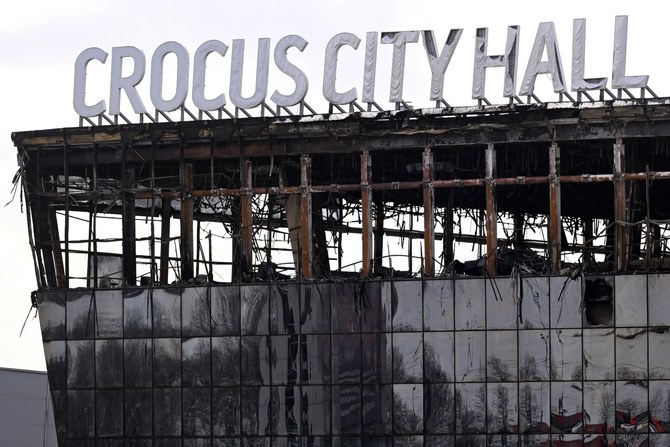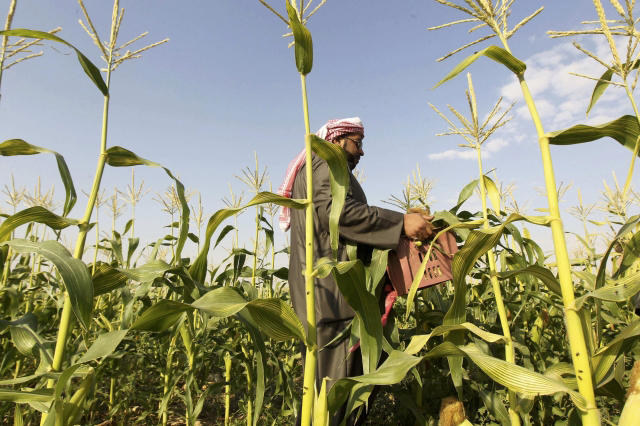
The Arab world is in the midst of one of the most challenging periods in its history. These challenges include political instability; regional tensions; economic dependency on oil, which threatens the Arab World’s present and future prosperity; climate change; and the youth bulge and its implications for politics, economics, and social life.
Some of these long-standing obstacles are the legacy of accumulated historical complications, especially the brutal colonial period that ripped the region apart and uprooted many of its cultural, political and economic paradigms. Other obstacles, however, are self-inflicted, including decades of policy mistakes and miscalculations by Arabs themselves.
Irrespective of their historical causes, Arabs must confront these issues now. They must determine how they can change the rules of the game, face the future, build more resilient societies, and forge a path for themselves. I believe there are three major political, economic, and social challenges that Arabs must overcome in the near future by relying on their own history and cultural values, without blindly importing solutions from the West.
In the political landscape, three main issues must be resolved. First, there is the tension between Islam and secularism in public life, and the violent divisions between the various schools of Islamic thought. Second, there are the regional political tensions that dominate public discourse, fueling anxiety about the stability of the region and providing an entry for outside influence and manipulation. Thirdly, the social contract and governance frameworks must be reformed, not by copying “secular democratic” systems from the West but by developing an indigenous intellectual response to the universal principle of giving voice and agency to the people in the affairs of their countries, without denying them what they believe are their religious rights, obligations and cultural values.
Economic challenges also threaten the future of these countries. The Arab world must diversify its economies and invest in them heavily. Its countries must unleash their private sectors, reform their legal and educational systems, create wider and more integrated inter-Arab markets, and become friendlier to foreign direct investment. These countries must also create educational systems that will produce young people with the skills demanded in the 21st century.
The urgent and most fundamental question facing Arab countries now is not how much oil they have, but whether demand for it will continue given the economic changes the world is facing.
Hafed Al-Ghwell
The urgent and most fundamental question facing Arab countries now is not how much oil they have, but whether demand for it will continue given the economic changes the world is facing. Climate change, the availability of new sources of energy, and the speed of technological advances will make it difficult to rely on oil in the future, irrespective of how large the reserves are, so the region needs to forge ahead with new economic thinking that relies on the private sector and human innovation.
Climate change will also increase the scarcity of water, even given already-low levels, making it far more difficult to grow food and increasing the reliance on imports. In fact, this will cause high prices globally, leading to increases in poverty, the risk of conflict, and migration in the region. To put this in perspective, on average, water availability in the Arab world is one-sixth of the worldwide average.
Finally, on the social level and also related to economic and political policymaking, the Arab world faces the mounting pressure of demographics — the high numbers of young people coming of age and demanding a place in society. In simple terms, a young Arab graduate today will probably not find a well-paying job in the private sector, and will have to settle for a low-paying government job if they are lucky. International organizations estimate that 5 million workers a year will enter the Middle East’s job market, yet employment is in short supply. This means they cannot afford to buy a house or a car, get married, and begin their lives in the way that many others around the world can. Young Arabs also have access to technological advances that make it easy to learn about their peers around the world and how they live. Add to this economic frustration and an inability to change things or enter into public or political life. This explosive mix may reach a boiling point, destabilizing the entire socio-political order and driving many to join violent, radical groups who promise change.
On a positive note, all these challenges and their multi-layered implications present policymakers with an opportunity to engage in a historic change, correct past failures, and set in motion a new era of stability and prosperity for their people. However, they can accomplish this only if they have the political will to make tough decisions, which will only increase in difficulty the longer these issues are neglected.
Hafed Al-Ghwell is head of global strategic communications at the international economic consultancy Maxwell Stamp, a former adviser to the World Bank Group, and a veteran commentator on the political economy of the Middle East and North Africa. Twitter: @HafedAlGhwell












